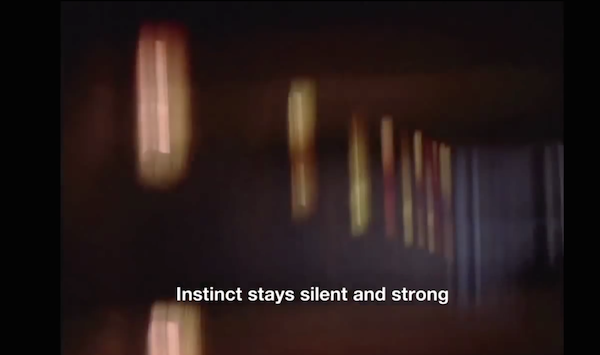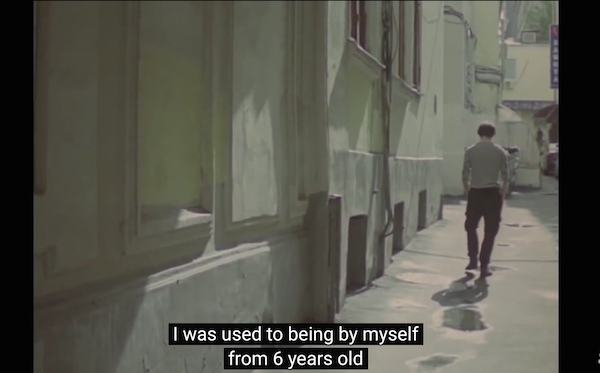At 25 years old, the multi-award winning, so-called “Bad Boy” of ballet – Sergei Polunin – is seemingly still a young upstart. In 2003, at a mere 13 years old, Polunin left Kyiv Choreographic Institute to join the prestigious British Royal Ballet School. Six years later, he became a soloist, and then by 2010, the Royal Ballet’s youngest ever principal. But within two years he announced his resignation, proclaiming that he was so unhappy that “the artist in me is dying.” Then, more recently (in April 2013), it was reported that Polunin walked out of an important performance of The Stanislavsky Music Theatre and Novosibirsk State Academic Opera and Ballet Theatre’s performance of Midnight Express just days before opening night. Clearly this dancer has a vision of what does and does not work for himself.

Polunin penetrated mainstream consciousness last year when he appeared in David LaChapelle’s (to my eyes) insanely over the top video for Hozier’s hit-song “Take Me to Church,” of which even more indie highbrow publications like the Huffington Post proclaimed: “he killed it.” But in Jem Goulding’s profoundly insightful and gentle documentary short, The Fragile Balance (first seen on NOWNESS), we get a different, seemingly more intimate and honest portrayal of the peripatetic Polunin in all his apparent complexity. In his own voice we hear the artist’s reflections about dance, fame and the public’s perception of him, his choices and those made for him as a child growing up in the Ukraine, as well as behind the scene glimpses of performances and more: “People are going to think what they want to think. I let them. You can’t control perception… It’s a losing game so I don’t play.”

While not exactly a dance film in the sense that it is this site’s usual wont to profile, The Fragile Balance offers a different and compelling look at the young star dancer and his evolving cache’. Although recent, the footage and the tone of the film in general has an archival feel, and really one in which we have a sense of moments in time being strung together to create a life that has its own internal logic, a life that is profiled for the sake of the viewer and perhaps for the subject as well. It is almost a meditation on the transience and the inherent ephemerality of dance – and really of life itself – in which each moment passes and is gone before we can fully inhabit it, only to reflect on it later with nostalgia. In pitch and form, it is reminiscent of another (feature length) documentary about the late Australian choreographer, Tanja Liedtke, A Life in Movement, which I loved.
More than just a dance documentary, The Fragile Balance is a meditation on instinct versus cultural, artistic, and personal freedom, and reveals Polunin’s sensitivity, intelligence, and the double-edged sword of talent that he must grapple with. It is a film tinged with both success and sadness, but with great beauty nonetheless.
Enjoy.
